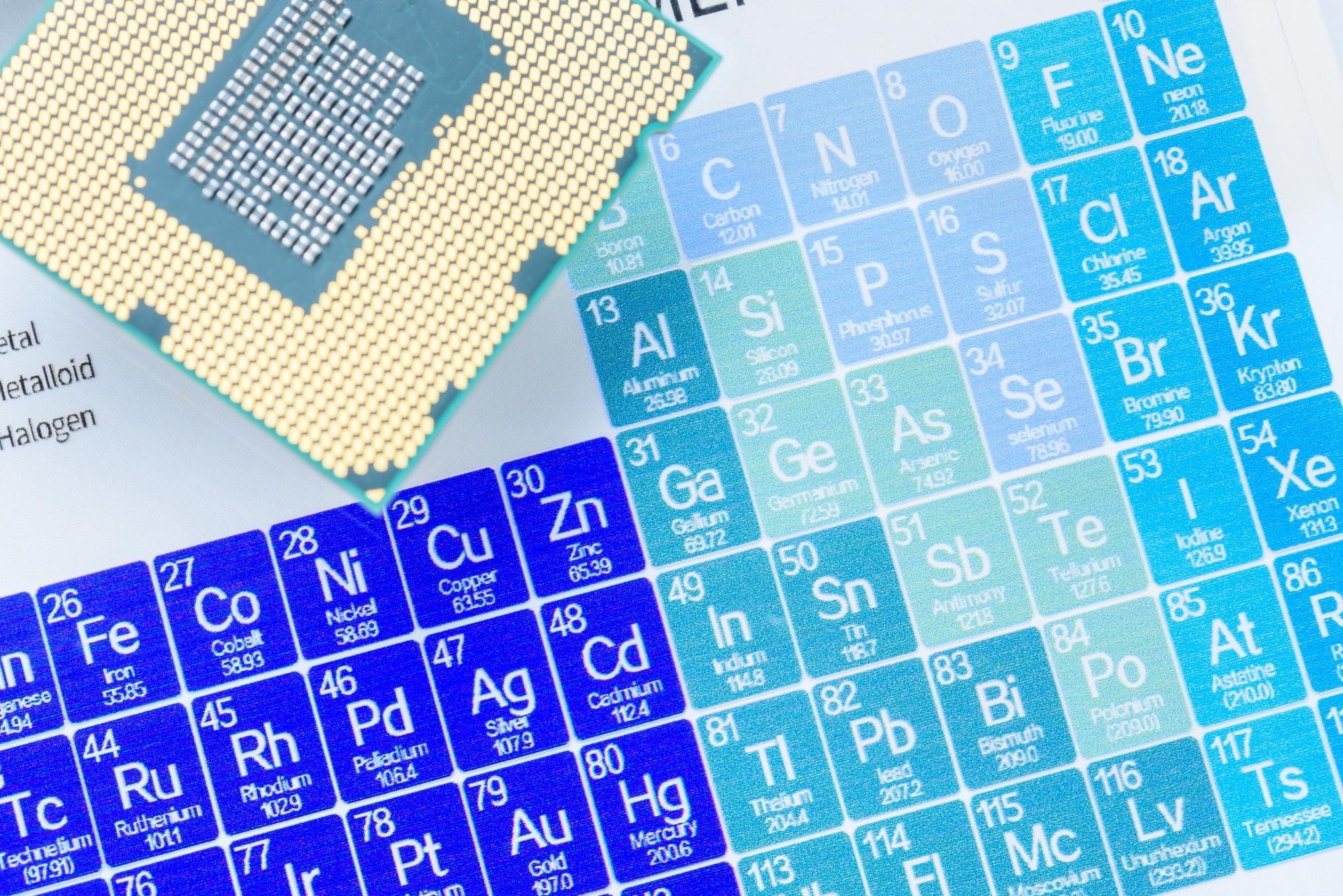An AI-powered database from the University of New Hampshire is reshaping materials science by uncovering high-temperature magnetic compounds that could transform clean energy technologies and reduce dependence on rare earths.

Research: The northeast materials database for magnetic materials. Image Credit: William Potter / Shutterstock
Researchers at the University of New Hampshire have harnessed artificial intelligence to accelerate the discovery of new functional magnetic materials creating a searchable database of 67,573 magnetic materials, including 25 previously unrecognized compounds that remain magnetic even at high temperatures.
Reducing rare earth dependence
"By accelerating the discovery of sustainable magnetic materials, we can reduce dependence on rare earth elements, lower the cost of electric vehicles and renewable-energy systems, and strengthen the U.S. manufacturing base," said Suman Itani, lead author and a doctoral student in physics.
Northeast Materials Database launched
The newly created database, named the Northeast Materials Database, helps to more easily explore all the magnetic materials which play a major role in the technology that powers our world: smartphones, medical devices, power generators, electric vehicles and more. But these magnets rely on expensive, imported, and increasingly difficult to obtain rare earth elements, and no new permanent magnet has been discovered from the many magnetic compounds we know exist.
AI extracts experimental details
The research, published in the journal Nature Communications, outlines how the UNH team built an artificial intelligence system that can read scientific papers and extract those key experimental details. This data fed computer models that identified whether a material is magnetic, and how high a temperature it can withstand before losing its magnetism and organized it into a single, searchable database.
Laboratory screening remains costly
Scientists know that many undiscovered magnetic compounds exist, but testing every possible combination of elements-potentially millions-in the lab is prohibitively time-consuming and expensive.
Pursuing sustainable permanent magnets
"We are tackling one of the most difficult challenges in materials science-discovering sustainable alternatives to permanent magnets-and we are optimistic that our experimental database and growing AI technologies will make this goal achievable," said Jiadong Zang, physics professor and co-author.
LLM applications in higher education
Researchers, which also include co-author Yibo Zhang, a postdoctoral researcher in both physics and chemistry, say that moving forward the modern large language model behind this project could have widespread use beyond this database, particularly in higher education. For instance, converting images to modern rich text format could also be used to modernize library holdings.
U.S. Department of Energy support
This work was supported by the Office of Basic Energy Sciences, Division of Materials Sciences and Engineering, U.S. Department of Energy.
Source:
Journal reference: